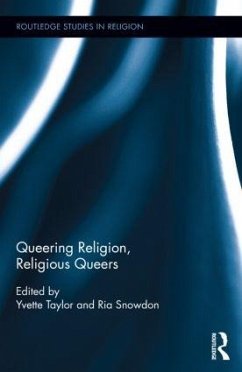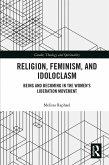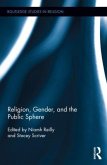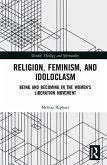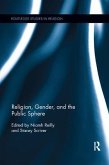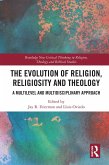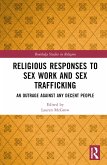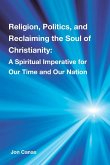This collection considers how religious identity interplays with other forms and contexts of identity, specifically those related to sexual identity. It asks how these intersections are formed, negotiated and resisted across time and places, including the UK, Europe, North America, Australia, and the Global South. Questions around 'queer' engagements in same-sex marriages, civil partnerships and other practices (e.g. adoption) have created a number of provoking stances and policy provisions - but what remains unanswered is how people experience and situate themselves within sometimes competing, or 'contradictory', moments as 'religious queers' who may be tasked with 'queering religion'. Additionally, the presumed paradoxes of 'marriage', queer sexuality, religion and youth combine to generate a noteworthy generational absence. This leads to questions about where 'religious queers' reside, resist and relate experiences of intersecting religious and sexual lives. In looking at interconnectedness, this collection offers international contributions which bridge the 'contradictions' in queering religion and in making visible 'religious queers.' It provides insight into older and younger people's understandings of religiosity, queer cultures, and religious groups. A small but active religious minority in the US has received much attention for its anti-gay political activity; much less attention has been paid to the more positive, supportive role that religious-based groups play in e.g. providing housing, education and political advocacy for queer youth. Queer methodologies and intersectional approaches offer a lens both theoretically and methodologically to uncover the salience of related social divisions and identities. This collection is both innovative and sensitive to 'blended' identities and their various enactments.
Hinweis: Dieser Artikel kann nur an eine deutsche Lieferadresse ausgeliefert werden.
Hinweis: Dieser Artikel kann nur an eine deutsche Lieferadresse ausgeliefert werden.

